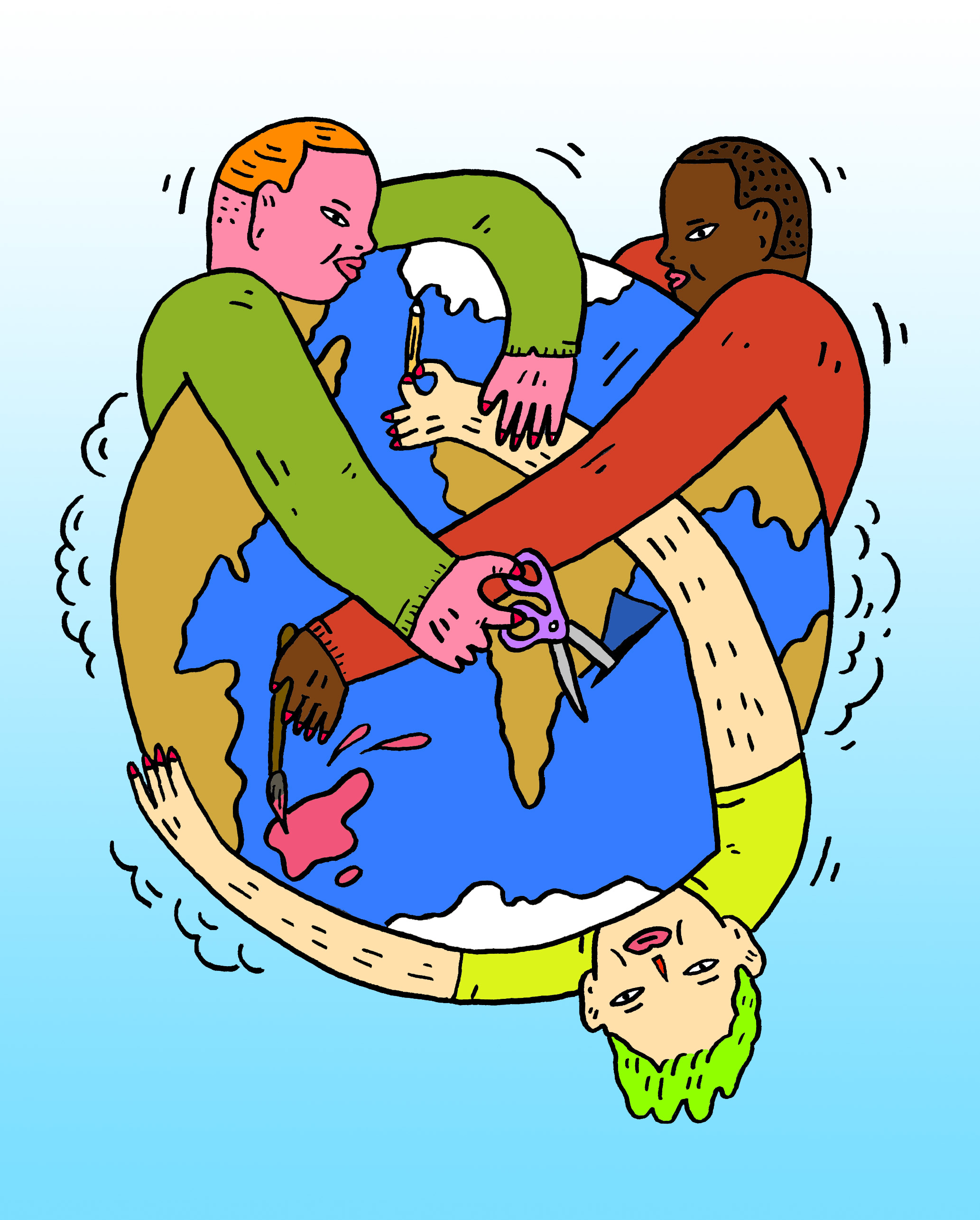Two new students have come a long way to study at the University of Manitoba.
On Aug. 18, the U of M World University Service of Canada committee (WUSC) welcomed Mohamed Isack, their newest sponsored student to Winnipeg.
Isack was born in Somalia but fled to Kenya with his family in 1992 and lived there as a refugee for more than 12 years.
Isack has come directly from the Dagahaley refugee camp in the Kenyan town of Dadaab, one of three major camps, and home to more than 160,000 refugees.
“There was violence and robbery all over Somalia, my family had no other option but to come to Kenya so we could be safe,” said Isack.
“In the refugee camp it’s like a prison, because we simply can’t go back to Somalia.”
Somalia has been ravaged by civil war since 1991 and is now considered a failed state with an unprecedented humanitarian crisis, according to the United Nations High Commissioner for Refugees (UNHCR). The ongoing conflict has forced hundreds of thousands of Somalis to flee to neighbouring countries, with many escaping across the border to Kenya.
The fighting has also left hundreds of thousands dead, according to the UNHCR.
In May of this year, the conflict in Somalia’s capital of Mogadishu intensified, displacing another 270,000 people. The number of internally displaced persons is estimated to be around 1.5 million people according to UNHCR’s latest profile of Somalia.
“In the ’70s Mogadishu was considered one of the most beautiful cities in Africa; now it is the most dangerous city in the world,” explained Matthew van den Hooven, a member of the U of M WUSC committee.
Since 1978, WUSC has been working to bring refugee students over to Canada to pursue a university education. Their Student Refugee Program (SRP) has granted over 1,000 students the chance to attend school free from the fear of war.
Every year, WUSC sponsors over 60 new student refugees through their program. The scholarship offers social and financial support to the sponsored student for a minimum of 12 months upon their arrival to Canada.
Van den Hooven notes that although WUSC may not be well known in Canada, that is not the case in Africa.
“It’s a big deal in these refugee camps, because it’s one of the main ways that they can get out and the young people can get a chance to have a good future,” he said.
Aden Sigot is another new student who received sponsorship to Canada by WUSC through the Brandon campus three years ago. This year he is attending the University of Manitoba to complete his Bachelor of Science degree.
Sigot also fled to Kenya in 1992 to another refugee camp called Hagadera, which today has around 115,000 residents.
Sigot lived in a refugee camp for about 16 years, where he completed his schooling before coming to Canada. His family lived in a tent until more refugees arrived and started building makeshift houses.
“The refugee camp is a hard life as you can imagine. There’s constantly a shortage of basic needs like water and food and all necessities,” said Sigot.
Sigot explained that without money from organizations like WUSC, gaining access to education is almost impossible.
Refugee students arrive to Canada with high expectations and are often taken aback by the many years of schooling needed to earn their degrees, as well as often feeling pressure from families back home.
“There are people waiting for money, so my decision is affected by theirs,” said Isack. He is currently taking chemistry and biology in hopes of pursuing pharmacy. Sigot plans on going to medical school at U of M.
Isack has had an exciting first month in Winnipeg, making new friends while adjusting to a very different environment.
“In the Somali community, the women are still placed in the lower part of society,” he said. “Here what I found men and women are most likely the same, otherwise women are more powerful than men.”
Van den Hooven explained that coming to Canada can cause a major culture shock for these new students.
“If they notice cultural differences, it shouldn’t be taken as an offense. [ . . . ] They’re just trying to understand and sort of make sense of what’s going on,” explained van den Hooven.
Daniel Mach is another student who was sponsored through the WUSC U of M chapter and has been attending university for just over two years, having arrived in the summer of 2008.
Mach is Sudanese by nationality, but ended up as a refugee in Kenya after leaving the army with help from a teacher. Although Mach wasn’t officially enlisted as a soldier, he did serve as a child soldier.
“I had a gun taller than me,” said Mach. “I didn’t know it was bad until I had some education, then I found out it wasn’t the best thing to be doing.”
“The level of hospitality and how people are welcoming here is really amazing,” he said.
Mach is currently an engineering student and a member of WUSC’s Student Refugee Program (SRP) committee.
Isack has also found his new surroundings to be very welcoming.
“Here, you go to government office, you go to university office, you go to Superstore, everyone is kind, everyone smiles, and they ask how you are. Canada is a very wonderful country,” said Isack.
Sigot said that now that he has joined WUSC at the U of M he wants to work hard to get the group more widely recognized.
“We need to speak out and spread the word for WUSC. Already students are helping and giving the levy with the tuition fee, so I think they should know what their money is doing,” said Sigot.
Last year, $0.50 from every student’s tuition fee went towards the refugee program,
“We were the lowest funded in terms of universities, we were actually at the bottom,” said van den Hooven.
However, after succeeding last year’s referendum during the UMSU election, the amount was increased to $2.50 which has allowed the group more money to achieve their goals.
WUSC at U of M hopes to increase the number of students they sponsor each year, van den Hooven explained.
“University of Winnipeg is getting two students every year, so we’d like to ideally reach that as well.”



